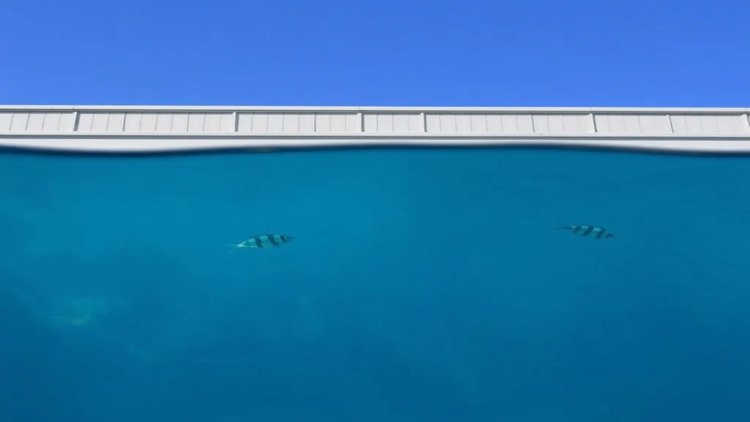SEC Under Fire from Commissioners Over FlyFish NFT Settlement
The FlyFish NFT case has sparked significant debate within the cryptocurrency community and regulatory circles. The U.S. Securities and Exchange Commission (SEC) recently reached a $750,000 settlement with FlyFish Club, alleging that the sale of its NFTs constituted unregistered securities transactions.

The U.S. Securities and Exchange Commission (SEC) is facing significant criticism from its own commissioners regarding a recent $750,000 settlement with FlyFish Club. The settlement stems from allegations that FlyFish conducted unregistered sales of NFTs that were deemed to be crypto asset securities. The SEC's cease-and-desist order, issued on September 16, highlighted that the sale of 1,600 Flyfish NFTs generated approximately $14.8 million in revenue, granting holders access to an upscale restaurant in Manhattan set to open this month.
Commissioners' Disagreement
Commissioners Hester Peirce and Mark Uyeda expressed their dissent, arguing that the NFTs should be viewed as a form of membership sales rather than securities, thus exempt from regulatory scrutiny. They emphasized the need for a balanced approach to innovation and investor protection within the SEC.
SEC's Justification
The SEC defended its actions by referencing the Howey test, a legal framework used to determine whether certain transactions qualify as investment contracts. According to the SEC, the Flyfish NFTs met all criteria outlined in the test, justifying their classification as securities.
Settlement Terms
Although Flyfish Club did not admit to any wrongdoing in the settlement, it agreed to destroy any remaining NFTs in its possession and refrain from collecting royalties on future secondary sales. This case underscores the ongoing debate surrounding the regulation of NFTs and the broader implications for the cryptocurrency market.
FAQ:
Q1: What is the FlyFish NFT case about?
A1: The FlyFish NFT case involves the SEC's allegations that FlyFish Club conducted unregistered sales of NFTs, which were classified as crypto asset securities. The SEC issued a cease-and-desist order after FlyFish generated approximately $14.8 million from the sale of 1,600 NFTs, which provided holders access to an upscale restaurant in Manhattan.
Q2: What was the outcome of the SEC's actions?
A2: The SEC reached a $750,000 settlement with FlyFish Club. As part of the settlement, FlyFish did not admit to any wrongdoing but agreed to destroy any remaining NFTs and refrain from collecting royalties on future secondary sales.
Q3: Who criticized the SEC's decision?
A3: Commissioners Hester Peirce and Mark Uyeda publicly criticized the SEC's decision, arguing that the NFTs should be considered membership sales rather than securities, which would exempt them from regulatory oversight.
Q4: What is the Howey Test?
A4: The Howey Test is a legal framework used to determine whether certain transactions qualify as investment contracts. The SEC applied this test to classify the Flyfish NFTs as securities, asserting that they met all necessary criteria.
Q5: What are the broader implications of this case?
A5: The FlyFish NFT case highlights ongoing debates about the regulation of NFTs and the cryptocurrency market. It raises questions about how regulatory bodies should approach new digital assets and the balance between innovation and investor protection.
What's Your Reaction?















